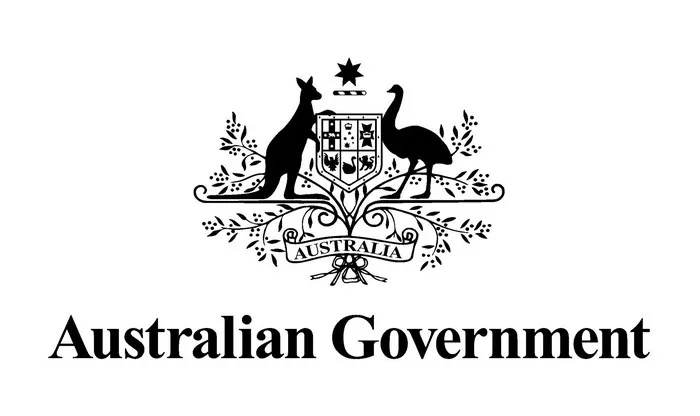In a swift move, the federal government has presented legislation to parliament aimed at facilitating the deportation process for non-citizens. The bill, which the government is eager to expedite through both the House of Representatives and the Senate, has raised eyebrows with its unexpected introduction.
The timing of the legislation suggests a response to a pending High Court case that could potentially lead to the release of a group of immigration detainees into the community. This follows a separate High Court ruling last year, which resulted in the release of nearly 150 individuals from immigration detention, placing considerable pressure on the government.
The contents of the bill, which were briefed to the Coalition and crossbench members only this morning, consist of two main components. The first component targets individuals currently in Australia who have exhausted all legal avenues to remain. This encompasses individuals held in immigration detention as well as those on bridging visas within the community, with no viable pathway to secure a different visa for continued residence.
Under the proposed legislation, the government would have the authority to compel these individuals to cooperate with directives aimed at facilitating their “voluntary” departure from the country. This may involve actions such as applying for a passport from their country of origin, potentially bypassing challenges associated with countries reluctant to accept “involuntary” returns, such as Iran.
The bill also addresses non-compliance, stipulating a mandatory minimum jail term of one year, and a maximum of five years, for individuals failing to adhere to directives. Furthermore, individuals could be compelled to reapply for a passport following completion of their sentence.
The scope of this provision remains unclear, though it potentially impacts thousands of individuals currently on bridging visas, many of whom are awaiting resettlement in third countries.
The second component of the bill grants authority to the immigration minister to designate countries that do not cooperate with involuntary returns of their citizens. Once a country is designated, visa applications from that nation could be halted, with exceptions made for certain categories such as partners and children of Australian permanent residents, as well as refugees resettling through established pathways.
Crucially, the immigration minister would be required to consult with the prime minister and foreign minister before designating any country under this provision.
The introduction of this legislation reflects the government’s proactive stance on immigration policy, particularly in response to legal challenges and concerns regarding deportation processes. However, its sudden presentation has sparked discussions and debates within parliamentary circles, with implications for Australia’s immigration landscape looming large.


